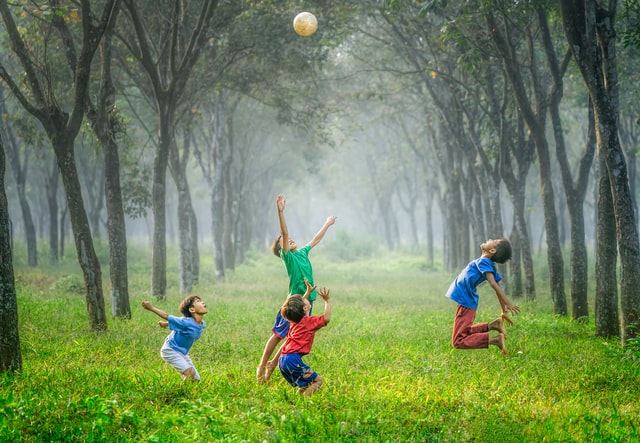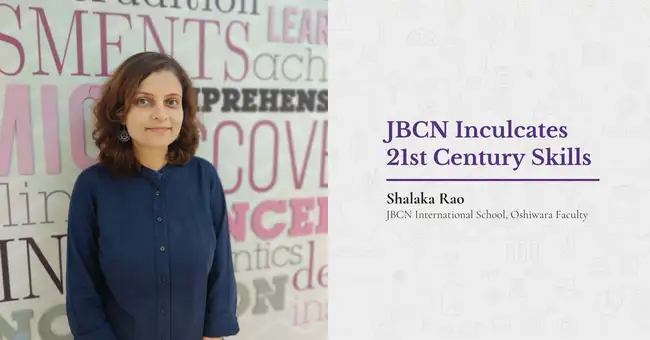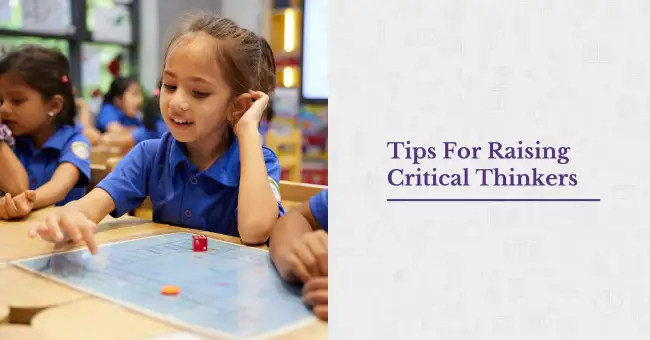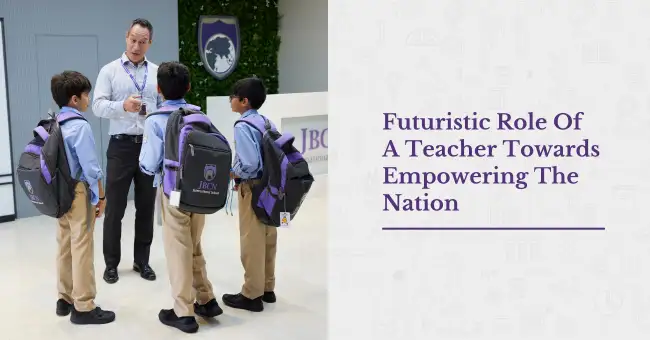
During the stages of early childhood, play takes on a big role. To create an environment where your child will learn the most, it is a good idea to allow them time to play by themself as well as play with them at times.
Now, you are probably thinking to yourself, “How is this possible?”
Play might seem like just fun to you but it is important to understand that while at play they are also “working” and learning different life skills that will help them in life as they grow up.
“What skills?” you might ask.
Let us have a look at just a few but most fundamental skills that a child learns while at play:
- Cognitive development -
- Physical development -
- Social and emotional development -
- Communication skills -
Developing listening skills at this age is also crucial as knowing what people mean isn’t always easy. Children have to learn to decipher and understand what people are saying as well as what they are not saying. They learn this by listening, observing, and sometimes picking up on very subtle clues during playtime.
- Creativity -
So you see playing is a great way for children to engage, interact and understand the world around them.
Now, you might be wondering, “Okay fine, play can help my child but what kind of play?”
Let us take a look at what kind of play works best to equip the children with the right set of skills-
Child-driven play is important in order for us to enhance imagination and creativity within a child. When we talk about play as a whole, we are also talking about structured activities like dance classes, gymnastic lessons and other classes but what’s more important is open-ended, undirected play. This kind of play is best for developing the important skills we spoke about.
A few benefits of Undirected play is as follows-
- Allows children to learn to work in groups
- Teaches them to share
- Helps them to practise decision-making by making their own choices
- Builds strong bodies and much more.
Pretend play/ Imaginative play
This kind of play is especially important for children’s communication development and literacy. The idea that a letter represents a sound is based on symbolism, a concept children come to understand when they pretend that an empty cereal box is a house or that a plastic spoon is a race car. Role-play also gives children a chance to use words they’ve heard adults and other children use and helps improve their vocabulary.
As parents, the best way to foster these skills is with a balance of playing with our children and leaving them to their own devices.
In my classroom play-based learning looks like a group of learners reading books, identifying the digraphs that they have learnt, some playing with blocks creating things they have seen around them in books or creating their own creations, while others are at the provocation table creating something as per their understanding - using different materials.
When a learner wants to join a playgroup in class, the children remind her ‘only 4 at a time’ ( as per my instruction). The child then counts how many children are already at the table by matching the learners to her fingers and decides that she can join them, ‘because 3 and 1 are 4, right Ms Serene?’ It is through these rich experiences and conversations that I am able to understand the child’s concrete understanding of numbers as well as addition. This sure is a lot more engaging and authentic than just going by a workbook page.
Play should not be seen as an obstruction to formal learning, nor is it lazy teaching. Purposeful play experiences can be constructed to create deeper learning experiences that a child will remember and internalize forever.
Written by: Serene Wentzel
Senior KG Year Leader and Homeroom teacher
JBCN International School, Oshiwara
Blog references:
The Undeniable Power of Play: 101 Tips, Activ… (Kindle Edition) by Katie Chiavarone, Susie Ortiz
Play Therapy: Engaging & Powerful Techniques… (Paperback) by Clair Mellenthin





